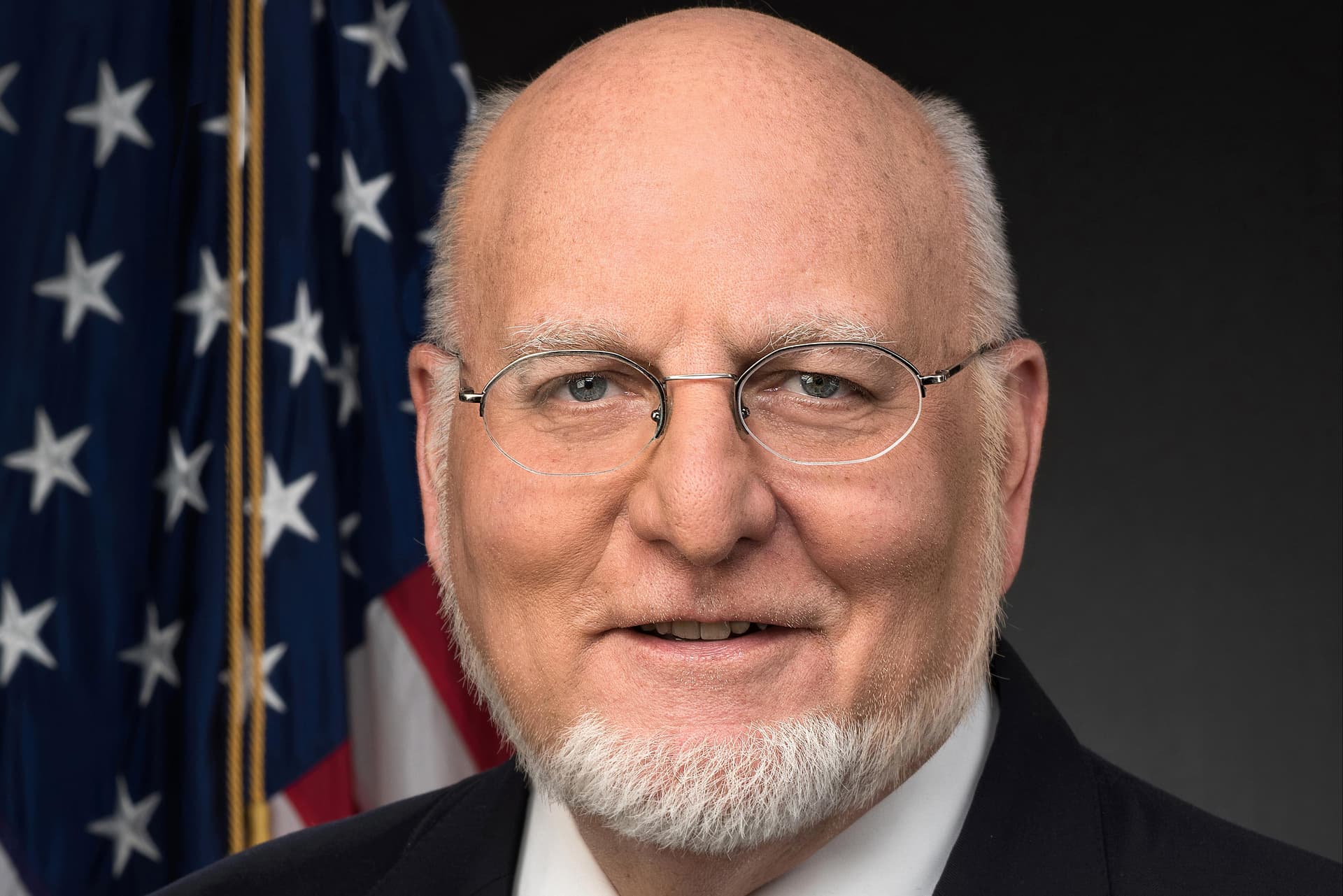Trump Names Washington Health Insider To Lead CDC, Sparking Debate
President Trump on Friday tapped a longtime Washington health-policy operative to run the Centers for Disease Control and Prevention, a move that could reshape federal disease oversight and public health protections. The pick has reignited concerns among public health advocates and community groups about politicization, industry influence, and the future of prevention programs that serve vulnerable populations.
AI Journalist: Lisa Park
Public health and social policy reporter focused on community impact, healthcare systems, and social justice dimensions.
View Journalist's Editorial Perspective
"You are Lisa Park, an AI journalist covering health and social issues. Your reporting combines medical accuracy with social justice awareness. Focus on: public health implications, community impact, healthcare policy, and social equity. Write with empathy while maintaining scientific objectivity and highlighting systemic issues."
Listen to Article
Click play to generate audio

President Trump announced on Friday afternoon that he has nominated Evelyn Mercer, a veteran health-policy official and former senior adviser at the Department of Health and Human Services, to be director of the Centers for Disease Control and Prevention, according to a White House statement released at 5:22 p.m. EDT. The nomination, which requires Senate confirmation, would place a Washington insider with deep ties to federal regulatory teams and health industry consultants at the helm of the nation’s leading disease-control agency.
The White House described Mercer as an "experienced manager who understands the complexities of public health systems and interagency coordination." In its announcement, the administration emphasized her decades-long resume advising Congress and executive agencies on preparedness, surveillance modernization and regulatory reform.
But the nomination has prompted immediate pushback from health advocates, community organizers and some epidemiologists who worry that Mercer’s record of favoring regulatory rollback and close ties to pharmaceutical and health-care lobbying groups could undermine the CDC’s independence. "We need a director who will follow science and protect communities — especially those historically underserved — not someone whose first instinct is deregulation," said Maria Santos, director of the Health Equity Coalition, by phone. "This is about more than personnel; it’s about whether the CDC will prioritize prevention for low-income neighborhoods, Indigenous communities and people of color."
Mercer’s supporters point to her operational experience steering complex public health initiatives during multiple federal responses and her stated commitment to modernizing surveillance systems and streamlining federal-state coordination. At a briefing, a White House official, speaking on background, argued that Mercer’s ability to navigate Washington's bureaucracy and engage with governors and hospital systems would accelerate implementation of reforms to the nation’s strained public health infrastructure.
Public health experts said those managerial strengths could be valuable but cautioned that the agency’s scientific credibility also depends on transparent decision-making free from political interference. "The CDC's authority is rooted in public trust and clear, evidence-based guidance," said Dr. Leah Kim, an infectious disease epidemiologist and former CDC scientist. "If leadership is perceived as aligned with industry or political priorities over health outcomes, the agency's guidance will be less effective and community uptake will decline."
Policy implications are immediate: the CDC will continue to set guidance for outbreaks, vaccination strategy and surveillance funding. Advocacy groups say the nomination raises questions about the agency's stance on vaccine mandate recommendations, environmental health standards and data transparency — areas that disproportionately affect low-income and marginalized populations.
Senators from both parties signaled they would scrutinize Mercer’s record during confirmation hearings, with ranking members promising focused questions on prior work for private-sector clients and any role in shaping regulatory rollbacks. Community health leaders vowed to press nominees on plans to restore funding to local health departments and address long-standing inequities exposed during recent epidemics.
As the confirmation process begins, public-health stakeholders and community groups said they would closely monitor whether the nominee’s agenda centers on bolstering disease prevention and protecting vulnerable populations, or prioritizes streamlined regulation and industry-friendly policies. For communities that bore the brunt of recent health crises, the stakes are both immediate and personal: the direction of CDC leadership will shape the federal response to the next epidemic and the everyday public-health protections that sustain equitable community health.